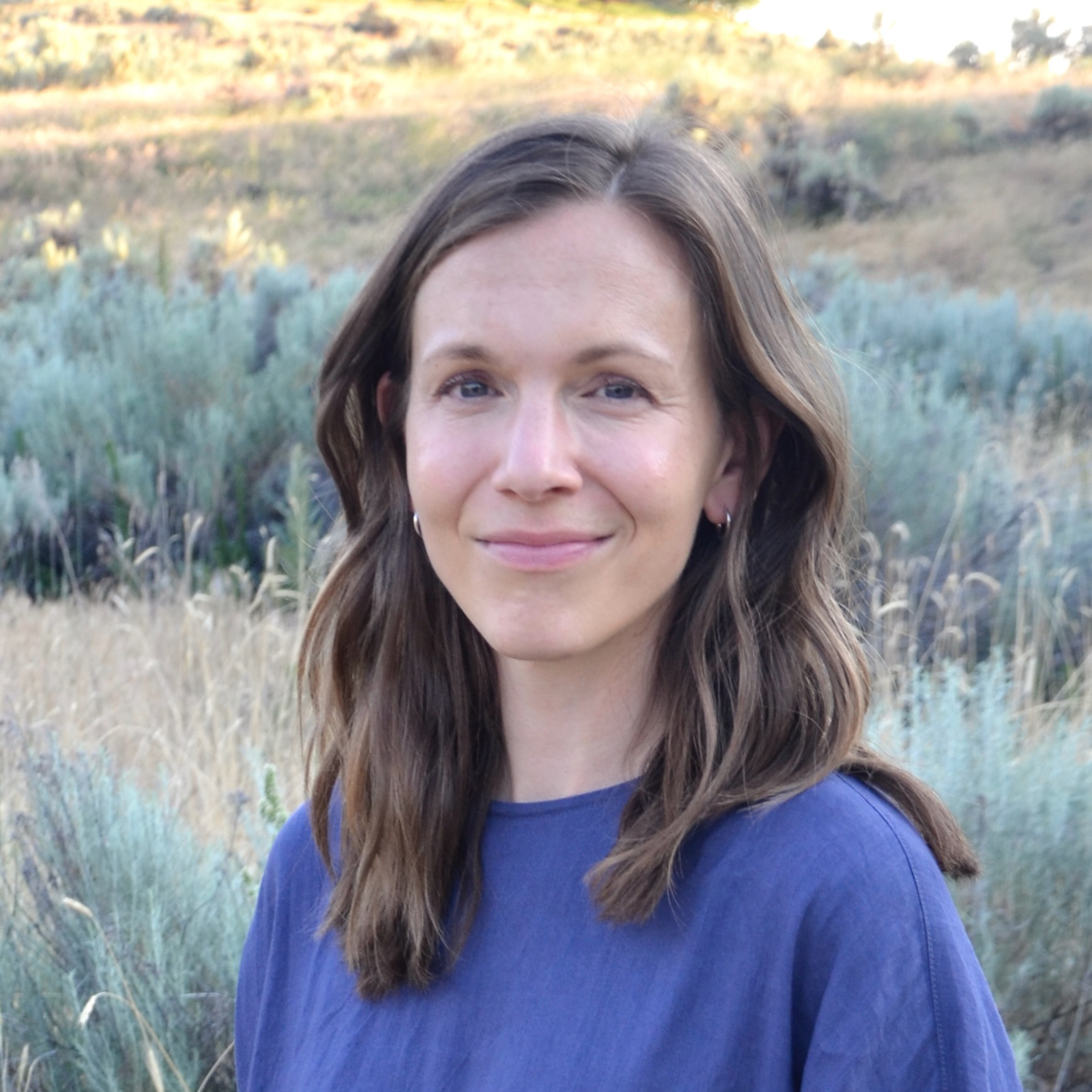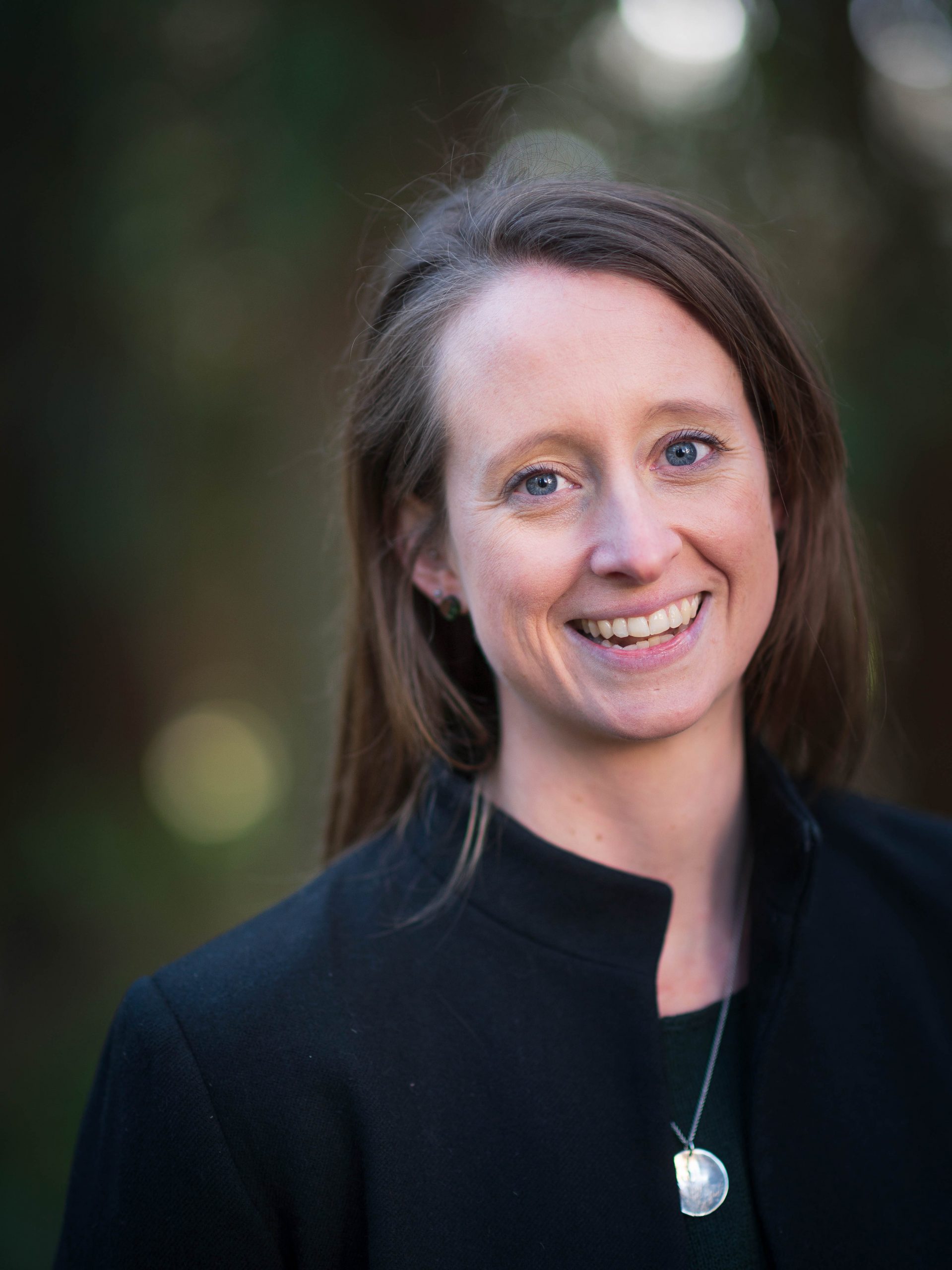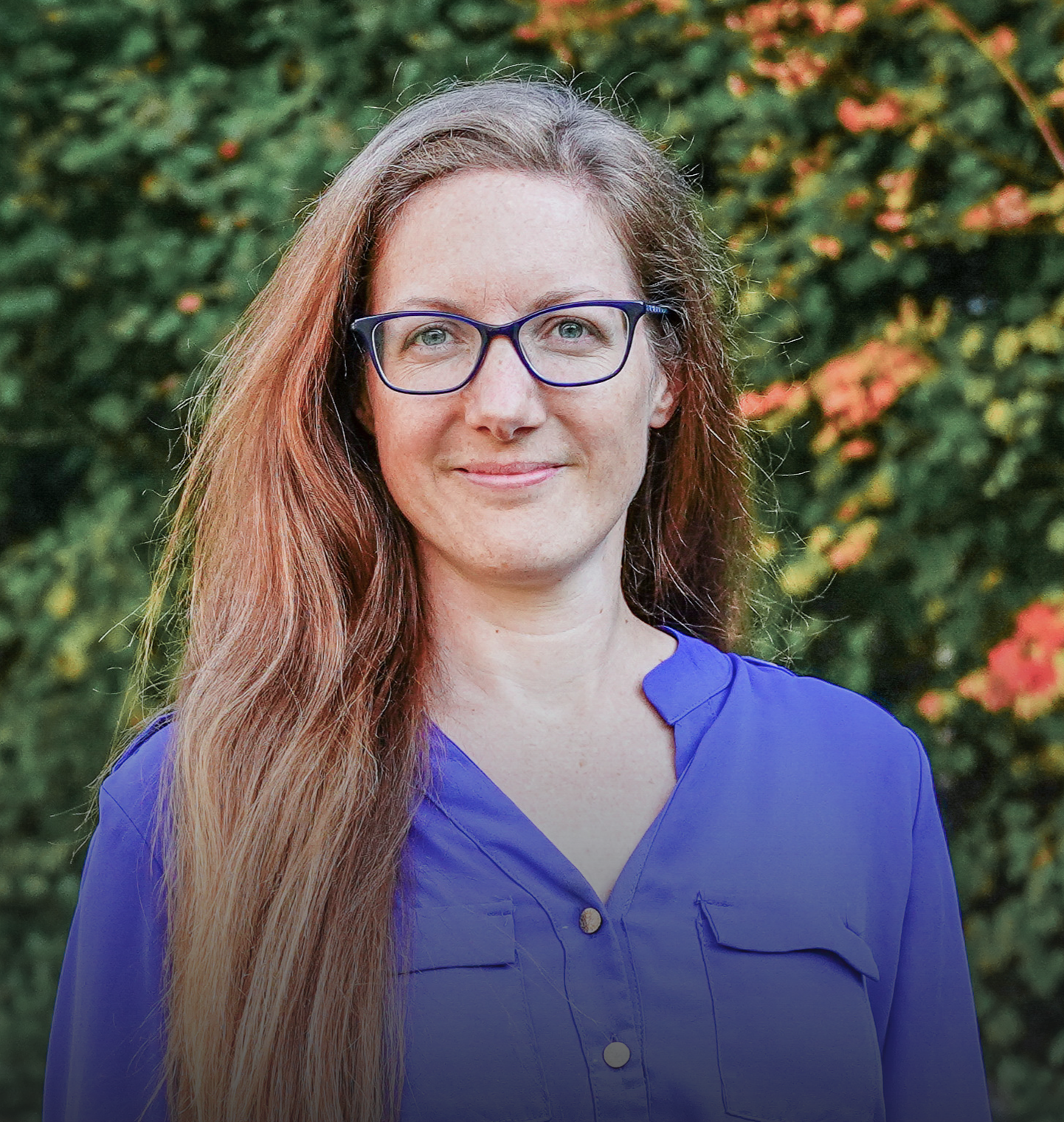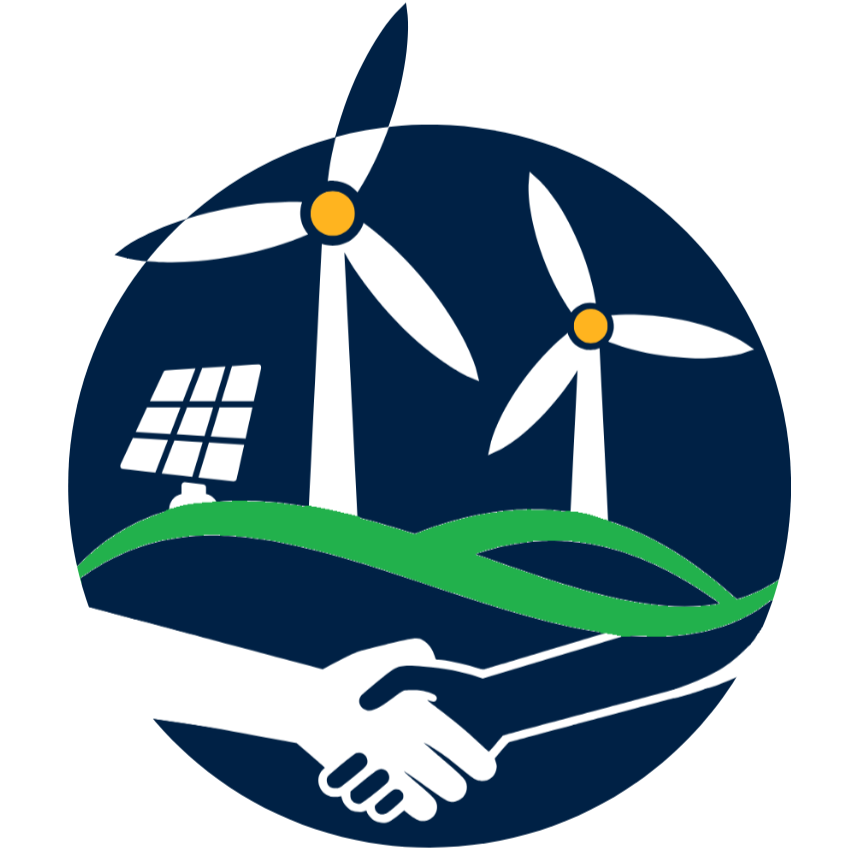Collective Event
Climate Conversation: Compounding Hazards (Hybrid)
February 26, 2025, 12:00 pm to 1:20 pm
As the climate changes, both the frequency and intensity of extreme weather events is also increasing.
Heatwaves, wildfires, droughts, floods and other extreme events present serious hazards that may result in either loss or damage to people and infrastructure. The Insurance Bureau of Canada recently announced that 2024 shattered records for the costliest year for severe weather-related losses in Canadian history, reaching 8.5 billion dollars. A compounding hazard is the combination of two or more hazards that occur either simultaneously or one after the other, and which increase overall risk.
In this two-part series of Climate Conversations presented jointly by the Disaster Resilience Research Network and the Climate Solutions Research Collective, we will hear from researchers studying compound hazards from a number of disciplinary perspectives. Each will share from their research experience, leaving opportunity for questions and dialogue. This session will be based in Vancouver with researchers and participants joining both in-person and online through Zoom; the second will be an in-person event based in Kelowna.
Bring your lunch or a snack to these events, we will provide tea or similar. Please pack a mug wherever possible.
Interested in learning more about disasters across British Columbia? The DRRN is currently working on a BC Atlas of Disaster which seeks to visualize and map climate disaster impacts in BC in order to equip communities and decision-makers with detailed information that promotes proactive climate adaptation, disaster risk reduction and climate justice. Check back soon for the first maps and visualizations from this project.
Speaker Biographies
 | Kathryn McConnell, Assistant Professor, Sociology (Faculty of Arts) Kathryn McConnell’s research examines the social dynamics of climate change, with a focus on the intersection of climate hazards, the built environment, and population mobility. This work is motivated by using social science tools to inform equitable climate adaptation and mitigation efforts. She is an Affiliate with the UBC Centre for Migration Studies and a Network Member of the UBC Disaster Resilience Research Network. |
 | Sarah Dickson-Hoyle, Postdoctoral Research Fellow, Centre for Wildfire Coexistence (Faculty of Forestry) Sarah Dickson-Hoyle is a social-ecological scientist and participatory action researcher, with a focus on wildfire governance, eco-cultural restoration and collaborative ecology. Through ongoing partnerships with the Secwepemcúl’ecw Restoration and Stewardship Society (SRSS), Secwépemc Nation communities, and Community Forests, her research aims to support community-led approaches to land and fire stewardship, including the reintroduction of cultural and prescribed fire. She has held positions as a UBC Public Scholar and a Mitacs Elevate Postdoctoral Fellow (co-funded by the SRSS), and is a current member of the UBC Disaster Resilience Research Network and NSERC Canada Wildfire Strategic Network. |
 | Rachel White, Assistant Professor, Earth, Ocean and Atmospheric Sciences (Faculty of Science) Rachel White is an atmospheric scientist with a focus on large-scale atmospheric dynamics with a wide range of research interests. A major focus of her current work is studying how large-scale atmospheric dynamics contribute to extreme weather events such as heat waves and cold snaps; she is also interested in understanding fundamental aspects of our current climate, and how atmospheric circulation may change in the future under anthropogenic warming. She is a Network Member of the UBC Disaster Resilience Research Network and a faculty mentor with the Solutions Scholars program. |
Cohosts

